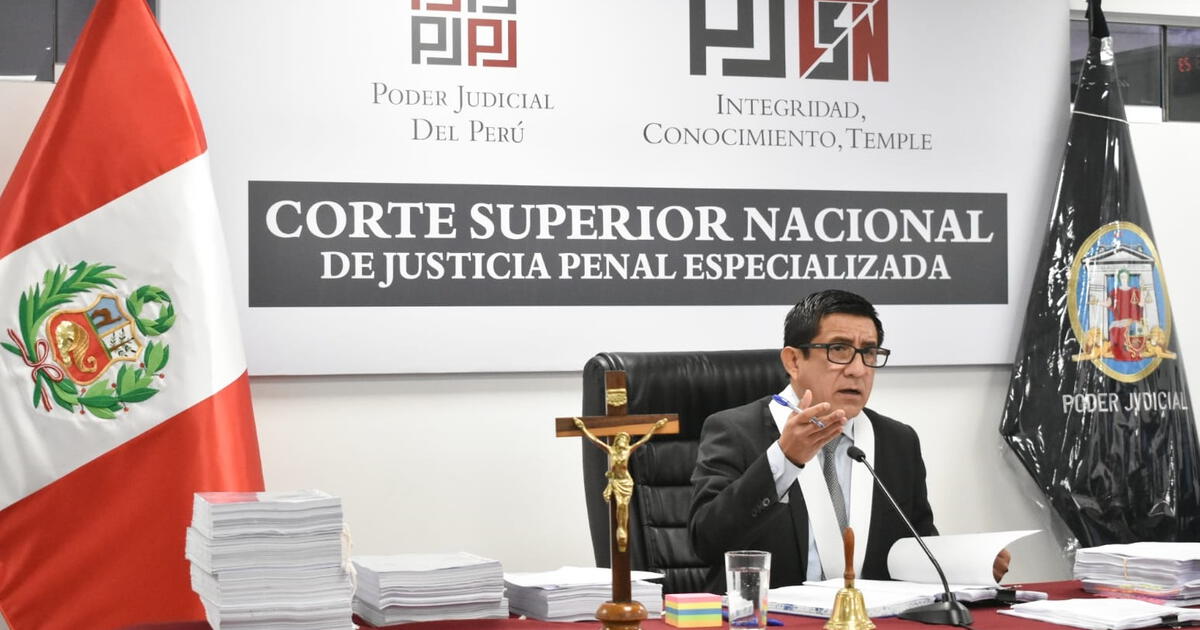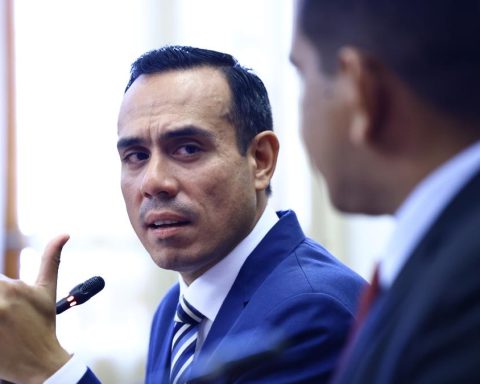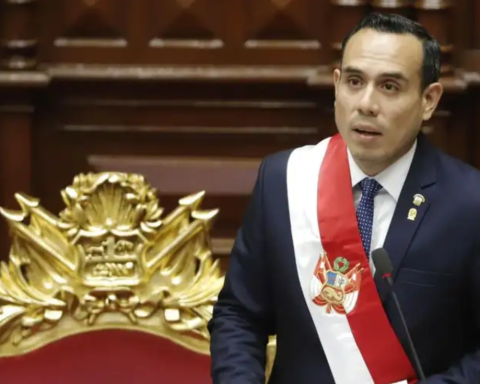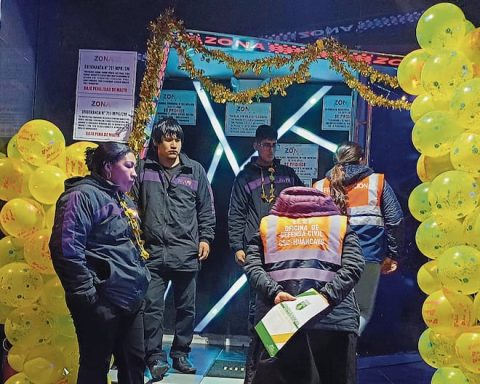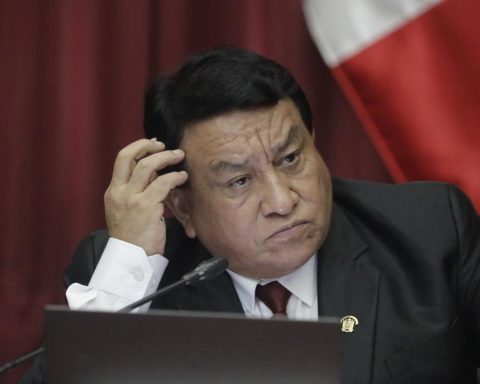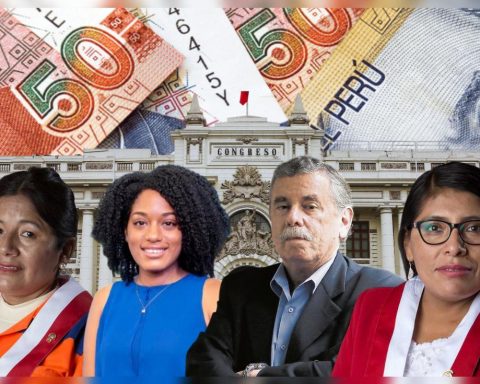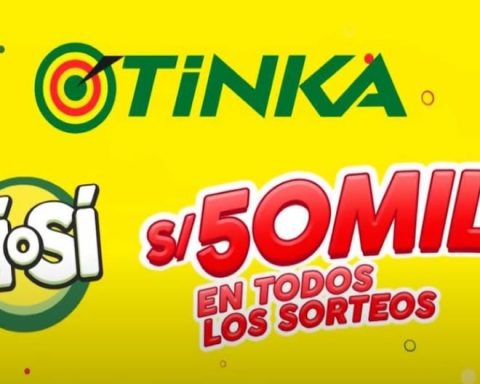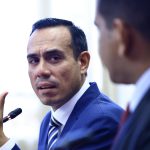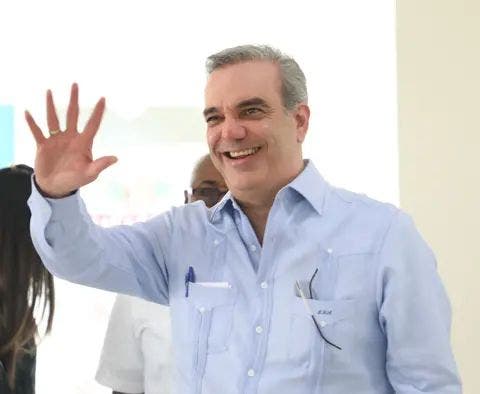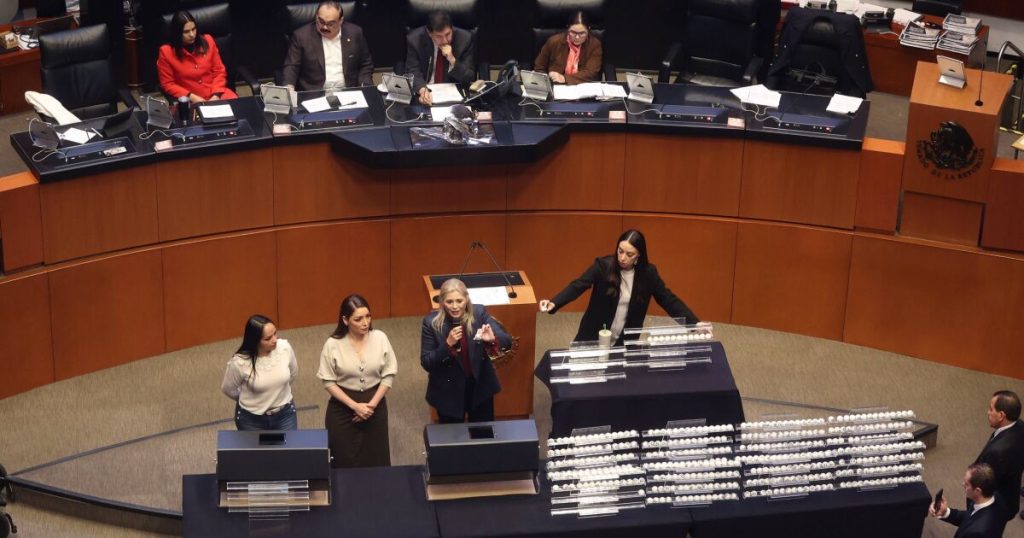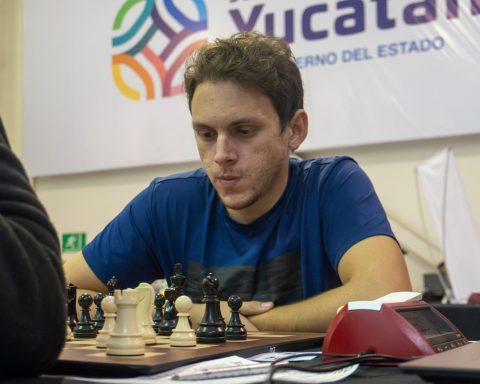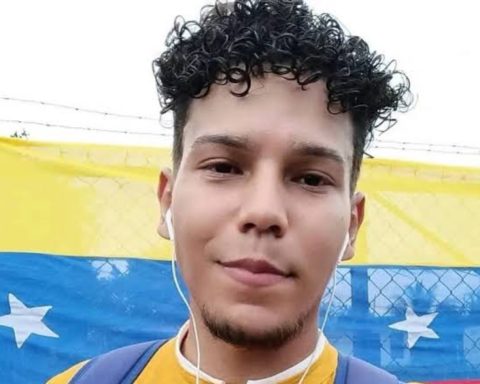Judge Richard Concepción Carhuancho declared Law 32108 inapplicable, which modified the legal description of the crime of organized crime, in the ‘Los Waykis en la Sombra’ case, by rejecting a request for exception of inadmissibility of action presented by the defense of Zenovia Griselda Herrera Vásquez.
Concepción Carhuancho is the second judge of the Superior Court of Specialized Criminal Justice, with national jurisdiction, to rule against the aforementioned law, applying diffuse control and conventionality control. The first to do so was the preparatory investigation judge Jorge Chávez Tamarizthrough an interpretation of comparative law.
“DECLARE INAPPLICABLE TO THIS SPECIFIC CASE of the investigated Zenovia Griselda Herrera Vásquez articles 1 and 2 of Law 32108, published on August 9, 2024 in the Official Gazette El Peruano for violating the rights to tranquility, personal security, truth and live in a society free of corruption, violating the Political Constitution of Peru, the American Convention on Human Rights and the United Nations Convention against Transnational Organized Crime and its Protocols (Palermo Convention)”, concludes the magistrate.
Resolution of Judge Richard Concepción Carhuancho
It would be a Law with its own name
In his arguments, Judge Concepción Carhuancho emphasizes that “it would be a law with its own name that would have come into force with the aim of favoring the person who promoted said law, proof of this is that Congressman Waldemar José Cerrón Rojas, author of the referred law, and which at the same time is being investigated for the crimes of criminal organization and influence peddling in File 69-2021-0 (Dynamics of the Center case), (…), requested an exception of inadmissibility of action against the crime of criminal organization that was attributed to him,” summarizes the judge.
He explains that in that request, Waldemar Cerrón Rojas requested that the investigation against him be archived, “citing Law 32108 that he himself had promoted, under the argument that the alleged criminal organization of which he would be a part would be atypical, because said criminal group was not “he would have committed a crime exceeding six years (crime of influence peddling) and would not seek economic benefit.”
Legal reform goes against the interests of society
“In short,” he continues arguing, “it was a law that would have been approved and promulgated by a Congress of the Republic, without legislating in the name of the general interest of society, protecting it from organized crime, as required by article 103 of the Political Constitution of Peru, but in the name of particular interests.”
“In order to achieve impunity for people investigated for the crime of criminal organization linked to corruption crimes, that is why José Ugaz (former anti-corruption attorney) argued that Congress, by issuing said rule, would have represented the interests of organized crime, in turn, Marianella Ledesma (former judge of the Constitutional Court) indicated that Congress did not legislate to protect citizens, but criminality,” emphasizes the judge of the first national preparatory investigation court.
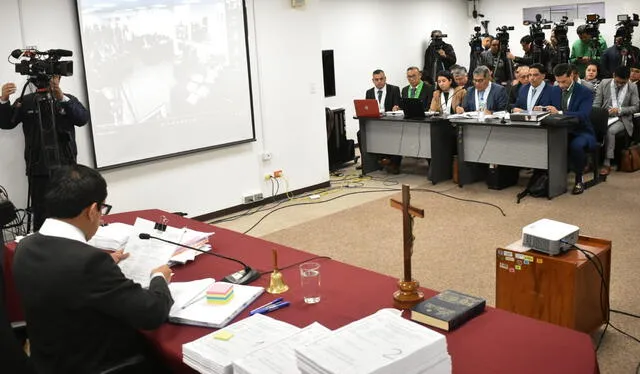
The prosecution has requested preventive detention in the ‘Los Waykis en la Sombra’ case
According to the Special Team of Prosecutors against Corruption of Power (Eficcop), Herrera Vásquez, former head of the Qali Warma program, would have been illicitly linked to Nicanor Boluartebrother of the President of the Republic, to collect signatures illegally, to achieve the registration of the political party ‘Citizens for Peru’. For this fact, the prosecution attributes the crime of influence peddling and criminal organization to him.
